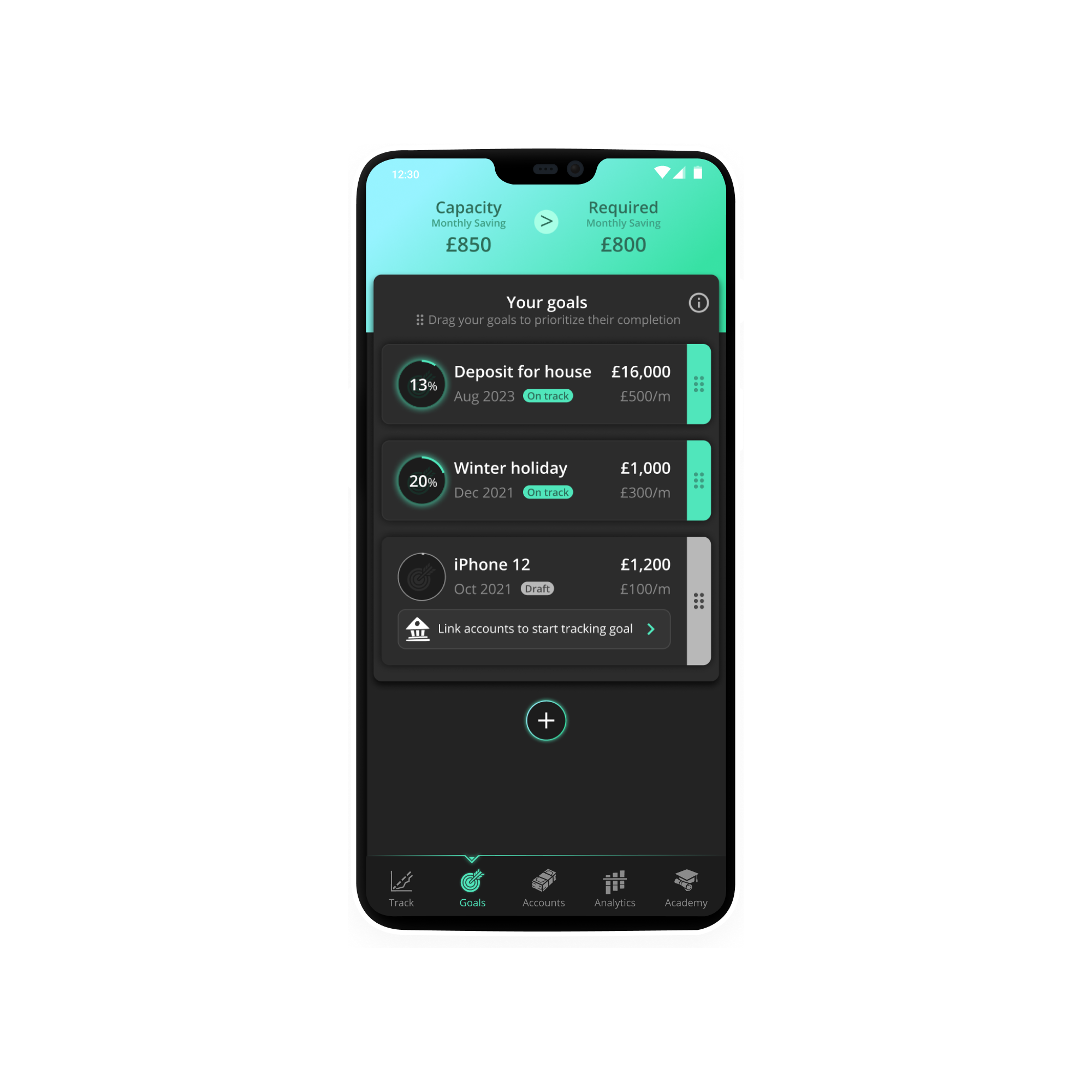Cognitive heuristics: What is the Barnum Effect
Photo by Anastasia Dulgier on Unsplash
This is Part 13 of the series Money on Your Mind, a blog series created to expand financial education and help you understand the connection between your brain and spending habits! Have you ever read or seen something which felt meant for you? Like the universe was talking to you and sending you a sign? Well, it might not be the universe but it can sure be the Barnum Effect
What’s your zodiac sign? What about your Myers–Briggs Type? If you’ve ever thought either of these descriptions is shockingly accurate for you, you’re not the only one. Let’s do a little test.
How accurate are these 2 statements?
- You’re typically reserved, while still having strong connections and people skills.
- You can occasionally overload yourself because you care deeply about your passions and the people in your life.
As a Leo and ISFJ, I’d say this is a fair analysis of my personality, but then again, am I really the same as the millions of other Leos and ISFJs? Yes, this description probably fits most of them, but it also aligns with many others who are not Leos or ISFJs – likely even you.
These broad and generalized descriptions don’t target a hyper-specific audience and take advantage of the way your brain is wired, making you believe these statements are tailored to fit your distinct personality. If you’ve felt like you strongly related to the earlier 2 statements or categories like your zodiac sign and Myers–Briggs Type, you’ve fallen for the Barnum Effect.
What is the Barnum Effect:
Remember the ‘The Greatest Showman’? Well the main character P.T. Barnum did exist and he said that a “sucker is born every minute”. With this statement, he meant that people tend to accept generic, positive statements as a description of their unique personality. This is now known as the Barnum or Forer effect.
Since these statements are complementary and not targeted at a specific audience, people have a higher chance of accepting this description and are less critical about their personal description. When people read broad statements that reflect negatively on themselves, they tend to feel more defensive and subconsciously find it less relatable.

Photo by Mark William on Unsplash
Examples of the Barnum Effect in action:
Marketers take advantage of this tendency to target customers and get you to spend more. By making consumers feel like they are being contacted personally, companies are able to create a false sense of exclusivity. When users feel they have been singled out to receive special communications, whether this is deals or ads, they feel that the brand fits them personally.
Personalised emails:
On their website, stores can track which items you click on and which you end up adding to your cart, but never purchasing. They often use this data to send you emails with the items you’ve browsed, urging you not to forget to purchase them. Being singled out and remembered makes customers feel valued and also keeps products you’re interested in fresh on your mind.
Personalized recommendations:
Have you ever seen Spotify’s ‘your weekly mix’ or Netflix’s ‘For you’ recommendations? Well, these tactics convince customers that the company “knows” their personal style. Based on what products other users explore and buy online, the company can predict items you are more likely to be interested in. However, seeing messages like “more for you” and “you might also like…” can convince you that items you originally weren’t going to buy are aligned with your taste since you might trust the company.
Creating an account with different brands:
This helps them leverage the Barnum Effect further. Putting in information like your name, birthday, and preferred store can personalize the messages that are being sent to you even further. Customized birthday deals or products recommended for your zodiac sign are common ways that stores will single you out.

Photo by Charisse Kenion on Unsplash
Even in person, ads using words like “you” and “yours” can involuntarily draw you in. Ads that affirm you in general ways that tell you that you “deserve” the company’s products and that their services can make you “be your best self.” This positive affirmation can convince consumers that companies want the best for them when they are really just taking advantage of the Barnum Effect.
How to avoid the Barnum Effect:
Being aware that the Barnum Effect can target you through companies is important to avoid common marketing traps. In the modern world, constant emails from companies don’t give you any time to determine whether or not your purchase is non-essential. They incessantly remind you that you are worthy of giving in and spending your money. While you definitely are a marvellous individual, keep in mind that the “personalization” is data-driven and that you are such a capable individual that you can decide to make purchases on your own terms.
That’s why we created Nova; to help millennials stay on track, prioritise their financial goals and adopt the right financial habits in the era of digital marketing.

Buying your first home? Planning a trip? Getting out of debt? Nova will put together a visual timeline to show you how you can achieve your goals. Nova provides real-time feedback on your spending patterns to improve your financial habits. Can’t save as much for the month? No worries! Nova will suggest adjusting your date of completion if you fail to reach your required saving for the month. The app allows you to prioritise your goals to see which order of completion you would like them to be in.
Whatever the goal, Nova’s got you covered.
Want to learn more about cognitive biases and how your brain can influence your spending? We invite
you to browse the rest of our Money on Your Mind blog series!
So what are you waiting for? Download Nova now to get started on your journey to financial wellness!






